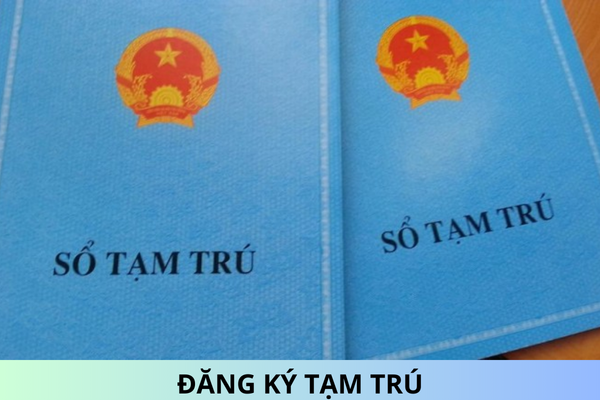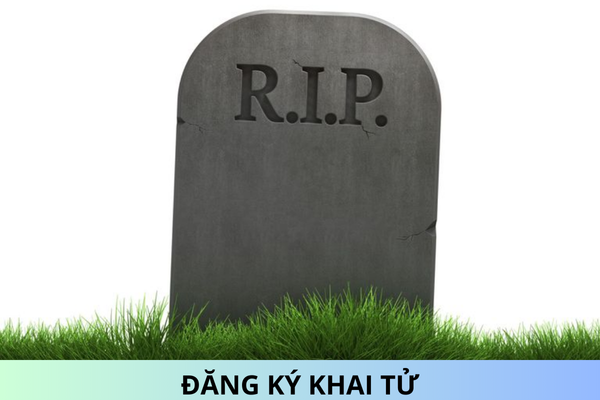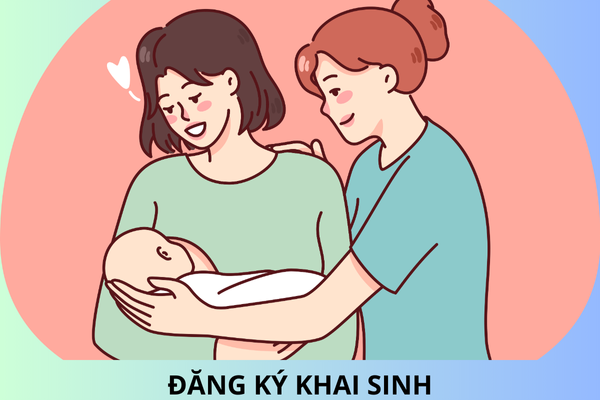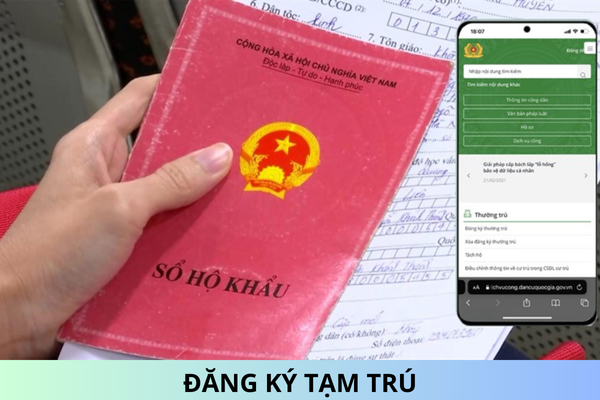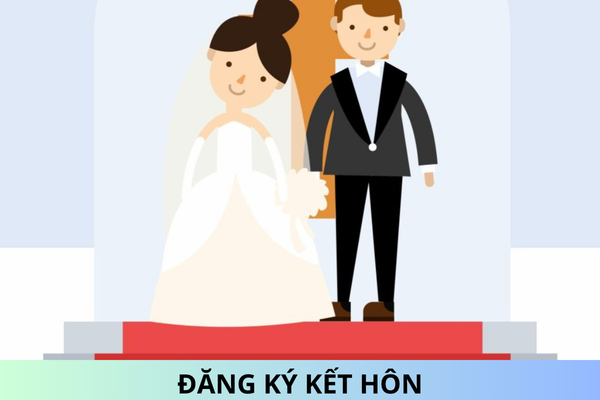If my husband borrows my property, will he be paid half of the loan in Vietnam? If I am cheated to raise children because of my wife's adultery, can I get my expenses back in Vietnam?
Are people in prison restricted in their right to request divorce in Vietnam? If my husband borrows my property, will he be paid half of the loan in Vietnam? If I am cheated to raise children because of my wife's adultery, can I get my expenses back in Vietnam?
Are people in prison restricted in their right to request divorce in Vietnam?
Nga - Nam Dinh asked as follows: There are some cases where the right to request a divorce is restricted, if a person who is in prison has his right to request a divorce restricted?
Reply:
A sentenced person is a person convicted of a crime and subject to punishment according to a legally effective judgment. Therefore, they will be limited in some rights such as the right to vote, to stand for election, etc.
Article 51 of the Law on Marriage and Family 2014 provides for the right to request divorce settlement
1. Husband or wife or both has or have the right to request a court to settle their divorce.
2. A parent or another next of kin of a spouse has the right to request a court to settle a divorce when the spouse is unable to perceive and control his/her acts due to a mental disease or another disease and is concurrently a victim of domestic violence caused by his/her spouse which seriously harms his/her life, health or spirit.
3. A husband has no right to request a divorce when his wife is pregnant, gives birth or is nursing an under-12-month child.
=> This regulation only restricts the husband's right to unilaterally request a divorce when his wife is pregnant and raising a child under 12 months old in Vietnam.
Thus, a person in prison is not restricted in his right to request a divorce in Vietnam.

If my husband borrows my property, will he be paid half of the loan in Vietnam?
Hi lawyer. I have a question and would like some advice. My husband and I got married in 2018, only the wedding gold of the two families considers it as common property. The amount of gold my husband's family said was 12 only, and my husband took it all back. After 2 months of marriage, my husband offered to borrow the wedding gold from my family for 1 month (4 pieces of gold SJC 9999 and 16.5 only) to do business. But during the process of living together, my husband did not help with any expenses or activities in the family. It has been almost 2 years now and the gold has not been returned. Now that my husband and I have many conflicts and decide to divorce, my husband only agrees to return cash with 50% of the value at the time of borrowing, but does not agree to return the gold. So, according to the law, can I claim back all of that gold or cash at the value at the time of repayment? Please advise.
Reply:
Because you did not provide clear information about the source of the amount of money that your ex-husband borrowed from you (the amount your parents gave you for yourself or as a gift to you and your wife on the wedding day), it is not possible to determine the amount of gold that your husband has borrowed from you as a common property or as your own property.
* Case 1: The amount of gold your ex-husband borrowed is your own property.
- This is essentially a property loan transaction.
According to Article 466 of the Civil Code 2015 stipulates the debt repayment obligation of the borrower, specifically as follows:
1. Where the property lent is a sum of money, the borrower must repay the lender the loan in full when due. If the property is an object, the borrower must deliver to the lender an object of the same type, quantity and quality, unless otherwise agreed.
2. Where a borrower is not able to deliver an object, it may, with the consent of the lender, repay the value of the borrowed object, in cash, as at the time and place of delivery.
3. The place for repayment of a loan shall be the place of residence or head office of the lender, unless otherwise agreed.
4. If a borrower fails to repay all or any instalment of an interest-free loan, in whole or in part, when payment falls due, the borrower must, if the parties so agree, pay interest on the overdue amount from the due date until the date on which payment is made, at the basic interest rate prescribed in Clause 2 Article 468 of this Code, unless otherwise agreed or otherwise prescribed by law.
5. If a borrower fails to repay, in whole or in part, a loan with interest, the borrower must pay:
a) Interest on the principal as agreed in proportion to the overdue loan term and interest at the rate prescribed in Clause 2 Article 468 in case of late payment;
b) Overdue interest on the principal equals one hundred and fifty (150) per cent of the interest rate in proportion to the late payment period, unless otherwise agreed.
Thus, when your husband borrows gold from you in Vietnam, your husband must pay the exact amount of borrowed gold (if you agree to let your husband return the borrowed gold in money, your ex-husband will be paid with money instead of the amount of gold he has borrowed).
*Case 2. The gold borrowed by your ex-husband is the common property of the couple.
Because this is the common property of the husband and wife, when your husband borrows that gold for private use, which you agree is not actually a borrowing act (Marriage and Family Law 2014).
So your ex-husband is not obligated to return that money upon divorce in Vietnam.
If I am cheated to raise children because of my wife's adultery, can I get my expenses back in Vietnam?
My son is 3 years old this year, I recently found out that this is not my biological child, the child of my wife and ex-lover. So if I get a divorce, can I ask my wife to return the money I spent to raise children with her?
Reply:
Article 88 of the Law on Marriage and Family 2014 has the following provisions:
1. A child who is born or conceived by the wife during the marriage period is the common child of the husband and wife.
A child who is born within 300 days from the time of termination of a marriage shall be regarded as a child conceived by the wife during the marriage period.
A child who is born before the date of marriage registration and recognized by his/her parents is the common child of the husband and wife.
2. When a parent does not recognize a child, he/she must have evidence and such non- recognition shall be determined by a court.
Thus, the baby is identified as the common child of you and your wife. If you do not recognize this child as a common child, there must be specific evidence and must be determined by the Court that the child is not a common child of the couple in Vietnam.
When the child is determined by the Court to be not your child, you have no obligation to raise and take care of that child in Vietnam.
About getting back the cost of raising the child
- Currently, the Law on Marriage and Family 2014 does not provide for this issue.
- Clause 1, Article 275 of the 2015 Civil Code provides for obligations arising from the following grounds:
Obligations arise from the following bases:
1. Contracts;
2. Unilateral legal acts;
3. Unauthorized performance of acts;
4. Unlawful possession or use of or receipt of benefits from property;
5. Causing damage through unlawful acts;
6. Other bases as provided by law.
Thus, your wife's cheating behavior does not fall under the grounds mentioned above.
- For your situation, the baby is currently still identified as a common child of the couple because there is no Court decision to determine that it is not a common child. You are obliged to take care and educate your children according to the provisions of Article 69 of the Law on Marriage and Family 2014. Moreover, your wife's deceitful acts do not fall under the grounds for arising obligations under the provisions of the Law on Marriage and Family.
Therefore, if you have a claim for expenses, your wife is not obligated to reimburse you for the money you spent raising the child in Vietnam.
Best regards!
